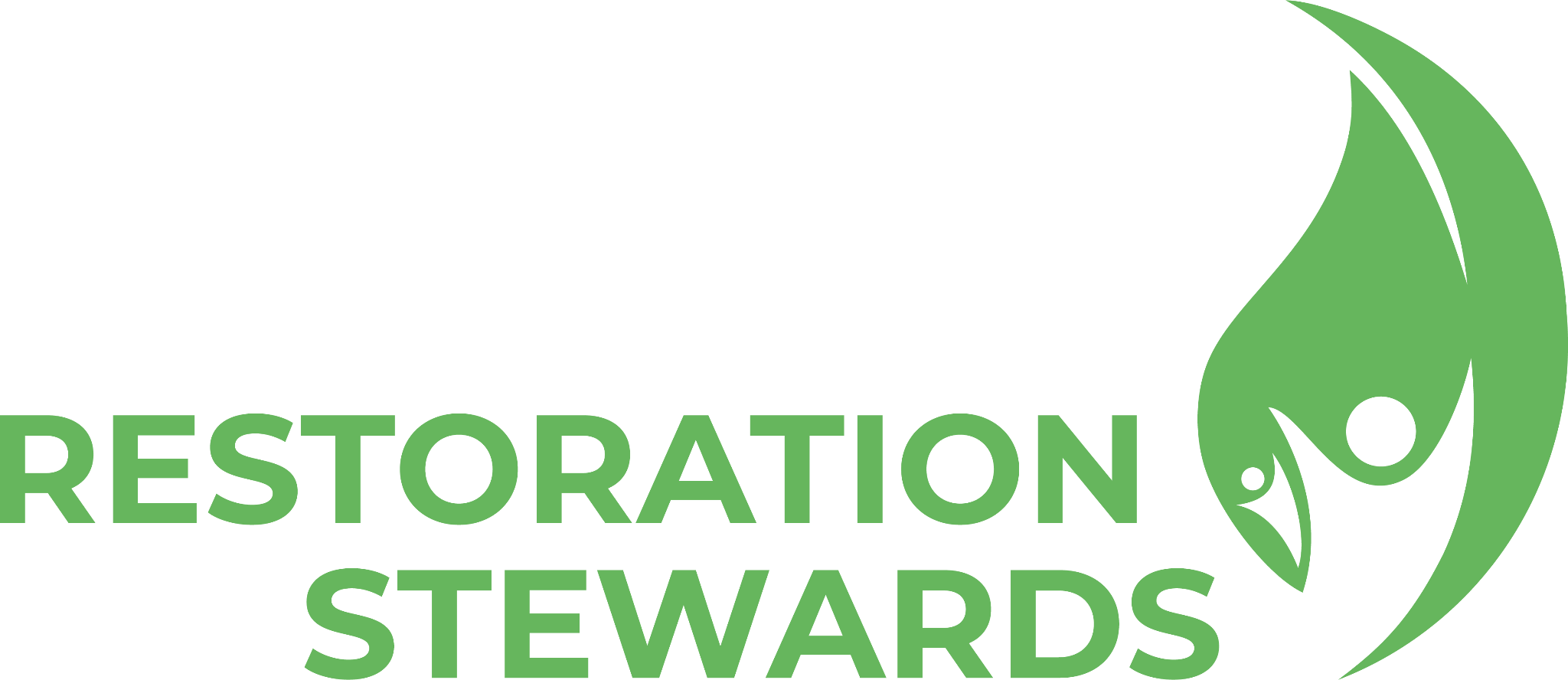Let’s save pollinators
By Ysabel Calderón, Mountains Restoration Steward 2023
I founded the environmental organization Sumak Kawsay to promote the conservation of native bees and other pollinators through ecosystem restoration. This is my story.
“Buen Vivir” (good living): returning to harmonious coexistence with nature
I was born in Chiclayo, a city in the Lambayeque region of northern Peru. However, I spent my childhood in the countryside with my mother, caring for the farm, the animals and planting. I grew up in contact with nature in the settlement of El Higuerón, in the rural community of San Francisco de Asís, in the district of Salas – also in Lambayeque.
From a very young age, I understood the value of nature in our lives; those who know me know that I love it. In 2017, when I finished university, I started Sumak Kawsay. This project places value on native bees and other pollinators as well as on their role in the conservation of the agrobiodiversity of El Higuerón.
I wanted to work for and with nature and found a way to do it with my project. “Sumak Kawsay” is Quechua for “good living” or being in harmony with nature (“buen vivir” in Spanish), and that was exactly what I wanted to create.
We started reforesting with some seedlings and my mom’s beehive while sustaining the project by selling honey. In 2019, we won our first funding thanks to the Canadian embassy. That was how we bought the first hives and continued to make a positive impact. Since then, fortunately, we have won consecutive awards and grants. Through Sumak Kawsay, we currently conserve three species of native stingless bees and reforest degraded areas to preserve other pollinators.
Various professionals have collaborated with Sumak Kawsay. For example, between 2019 and May 2022, Stefany Liau Kang made essential contributions as a botanist; I am deeply grateful for her support.
In 2023, we received support from the Restoration Stewards program, run by the Youth Initiative for Landscapes (YIL) and the Global Landscapes Forum (GLF). We are grateful for its contributions because it allows us to continue conserving, reforesting, researching and acting for gender equity.


Pollinators and agrobiodiversity conservation
The mountain ecosystem has a diverse variety of pollinators, such as bees, butterflies, hummingbirds and bats. Their ecosystem service is vital since pollination allows fruits and seeds to grow and ultimately provide food for us to eat.
Bees are the most important pollinators on the planet. However, according to a recent report from the Food and Agriculture Organization of the United Nations (FAO), bee colonies are in decline. In addition, 17 percent of vertebrate pollinators are on the verge of extinction.
To help conserve bees and other pollinators, we at Sumak Kawsay are committed to restoring their habitats, reforesting with native plants and conducting research. Of the native stingless bee species that we conserve, we highlight the genus plebeia sp. These native bee species, whose honeys have high medicinal properties, are on the verge of extinction because they generally nest in tree trunks and many have been cut down. This situation also threatens the region’s food security.
Sumak Kawsay’s commitment is to conserve pollinators and reforest the mountain, while we produce medicinal honeys to sustain our initiative.


The Honey Bee Route: An experience to connect with bees and nature
This tourist route emerged to promote gender equity. We work with some families and the women are the hosts in charge of receiving the tourists. This allows them to generate a fair income and improve their quality of life and that of their families.
The agrotourism offered by the Honey Bee Route allows us to connect with bees, honey and nature, in turn benefiting the development of our community.





